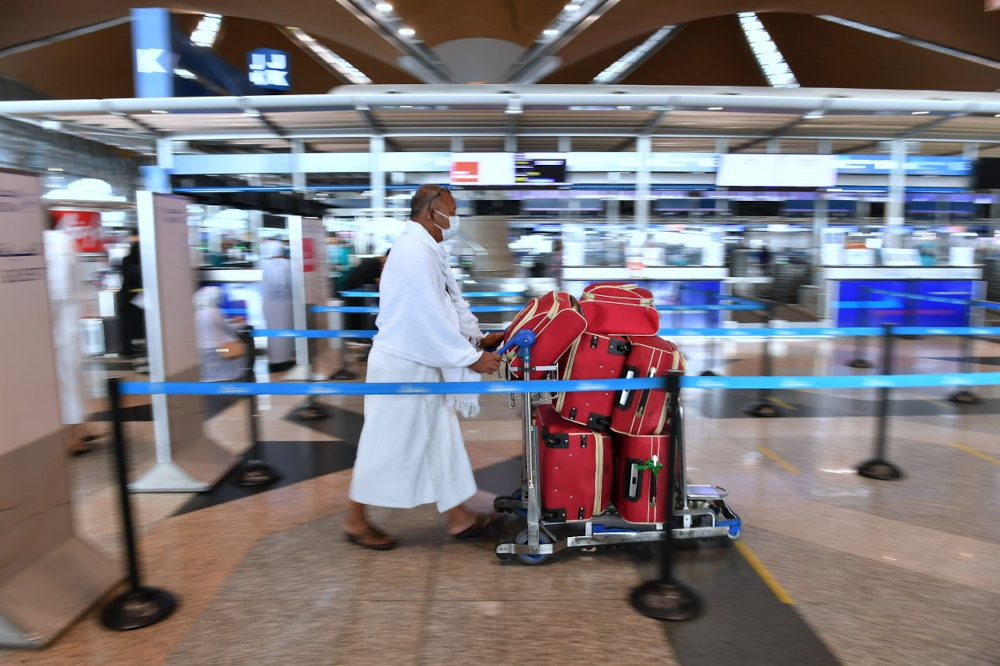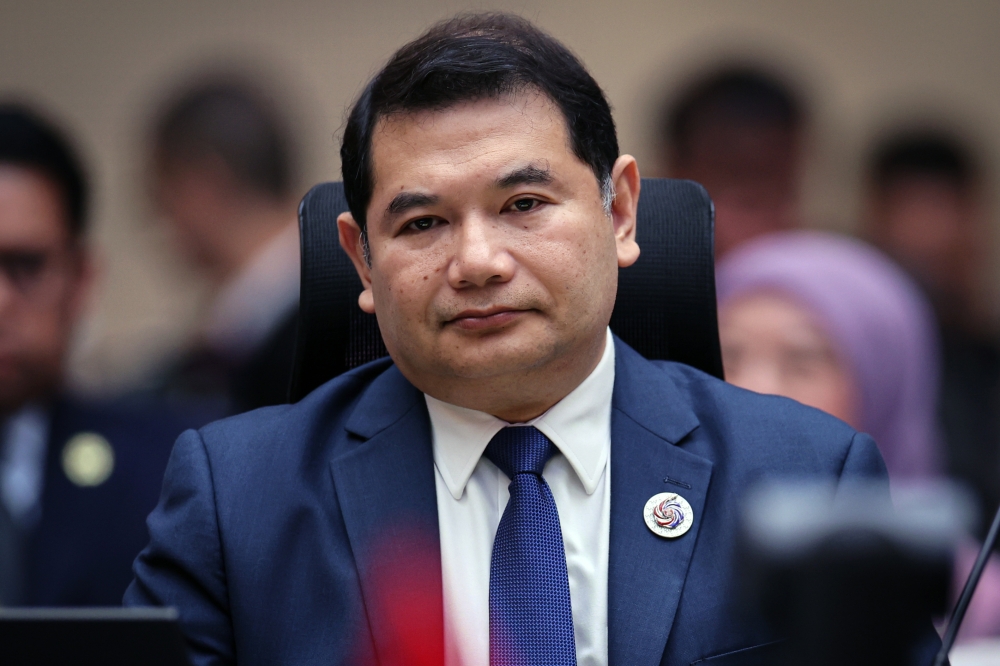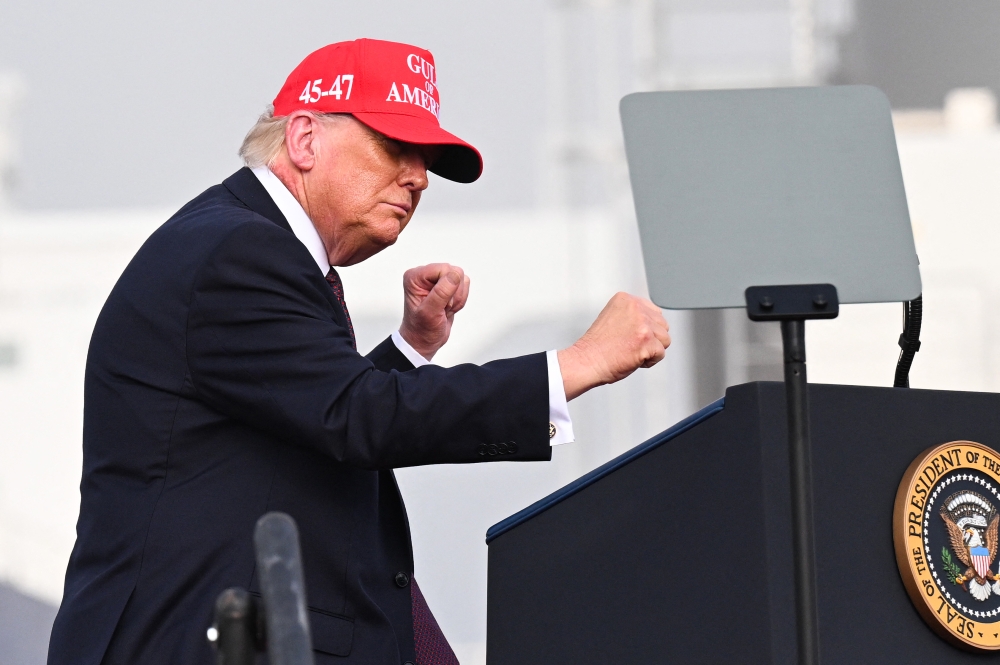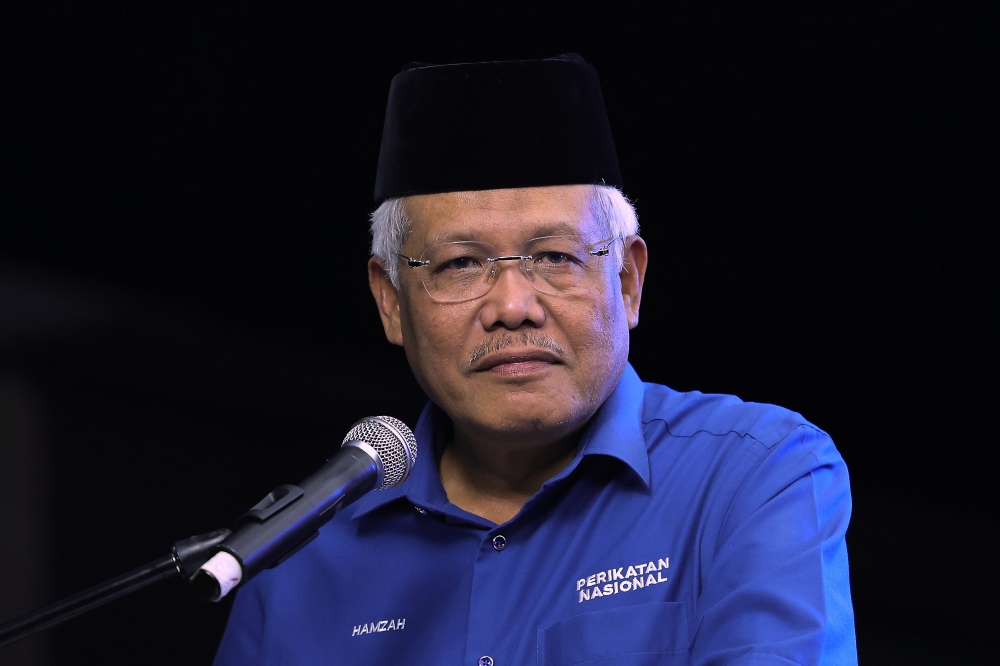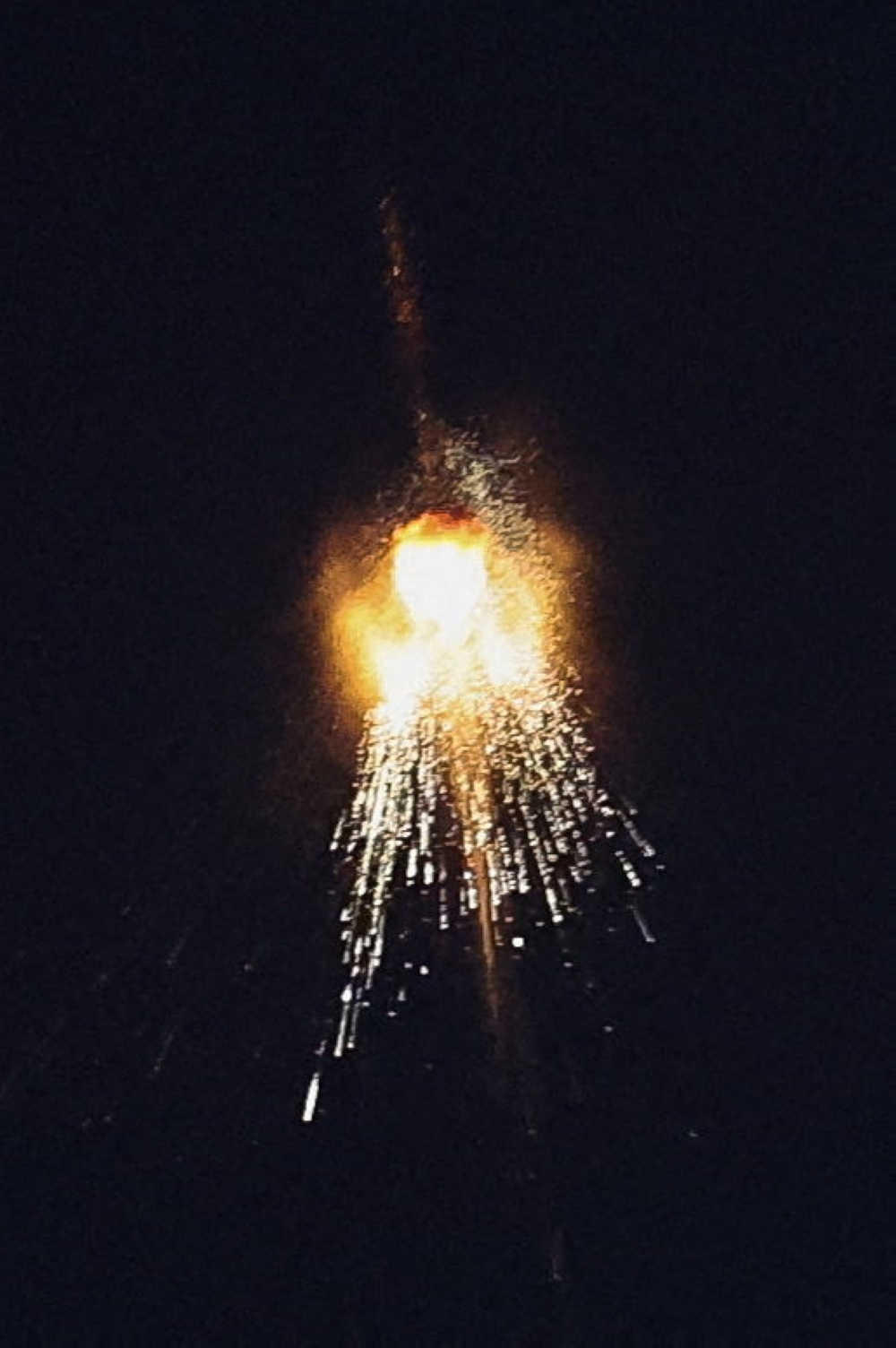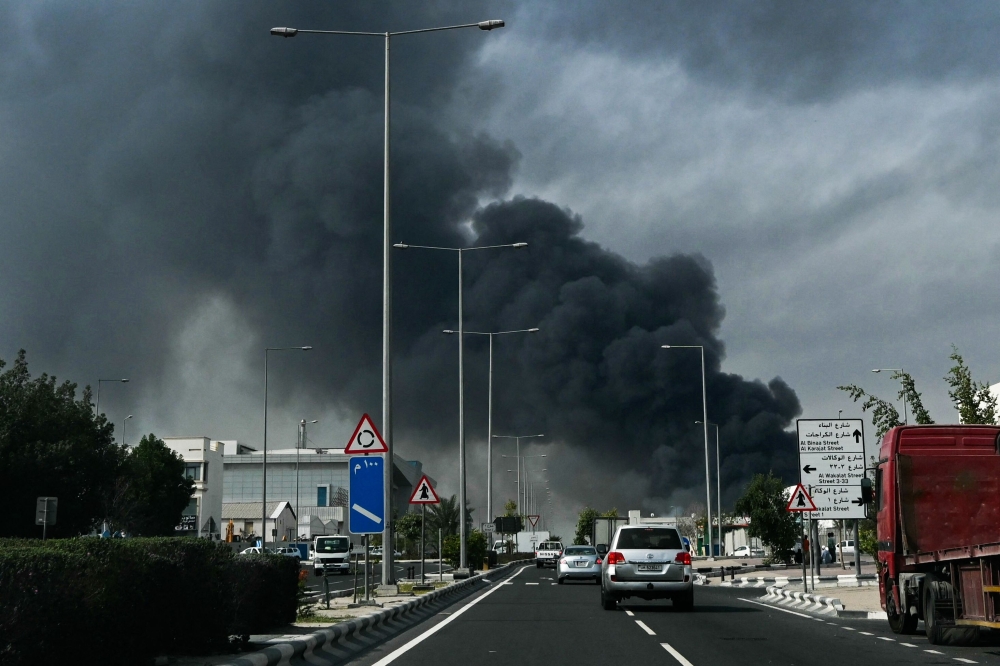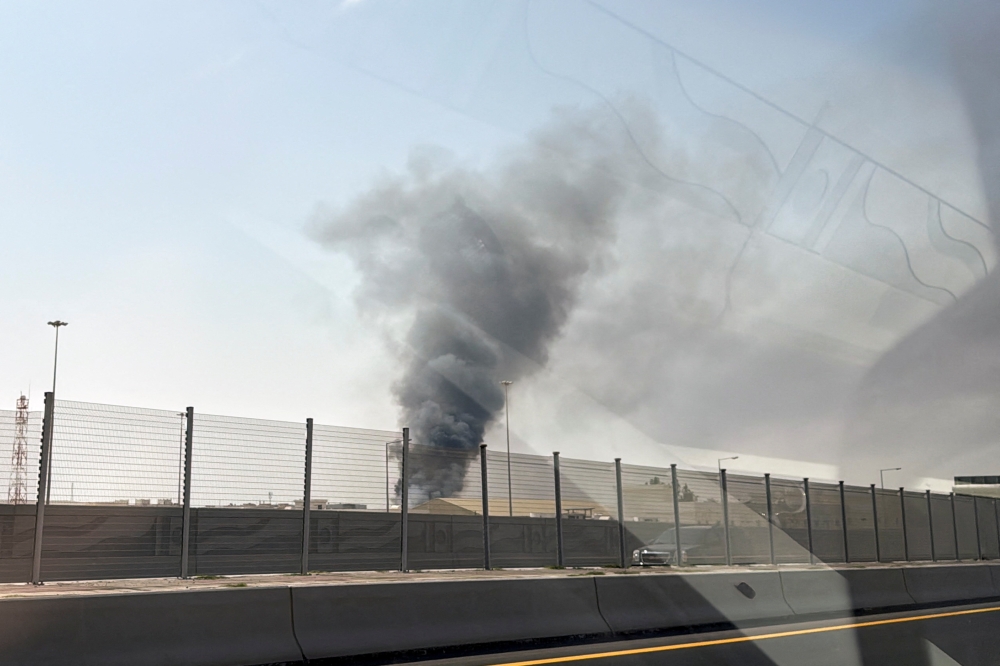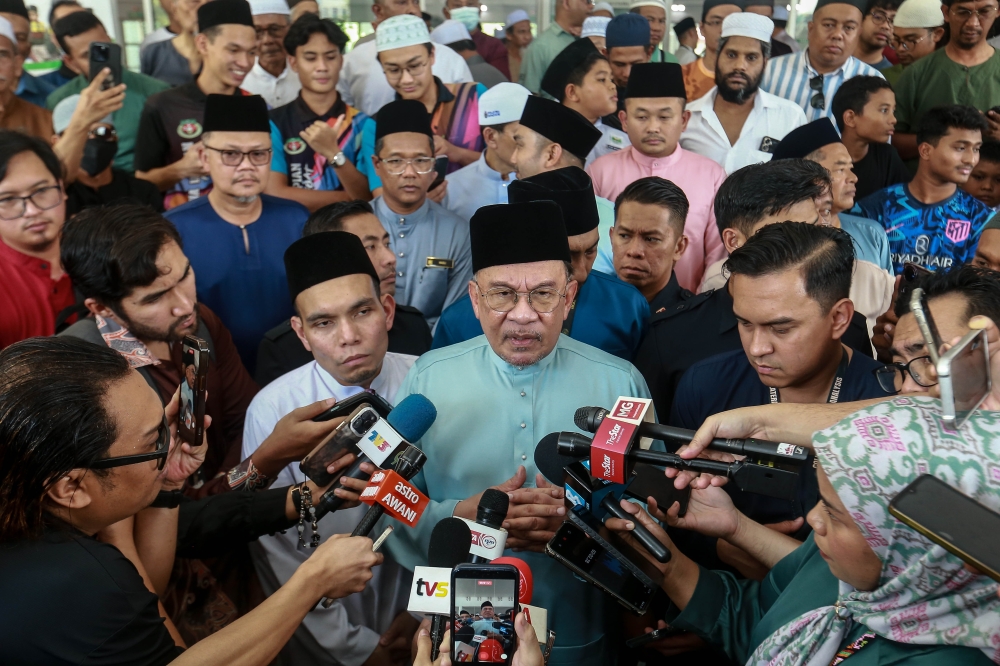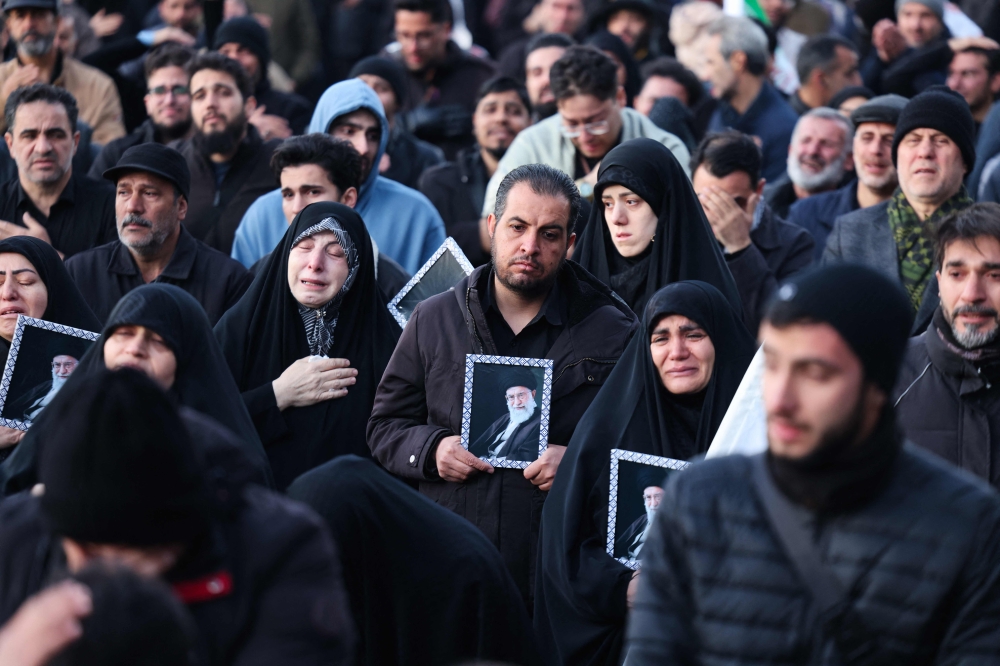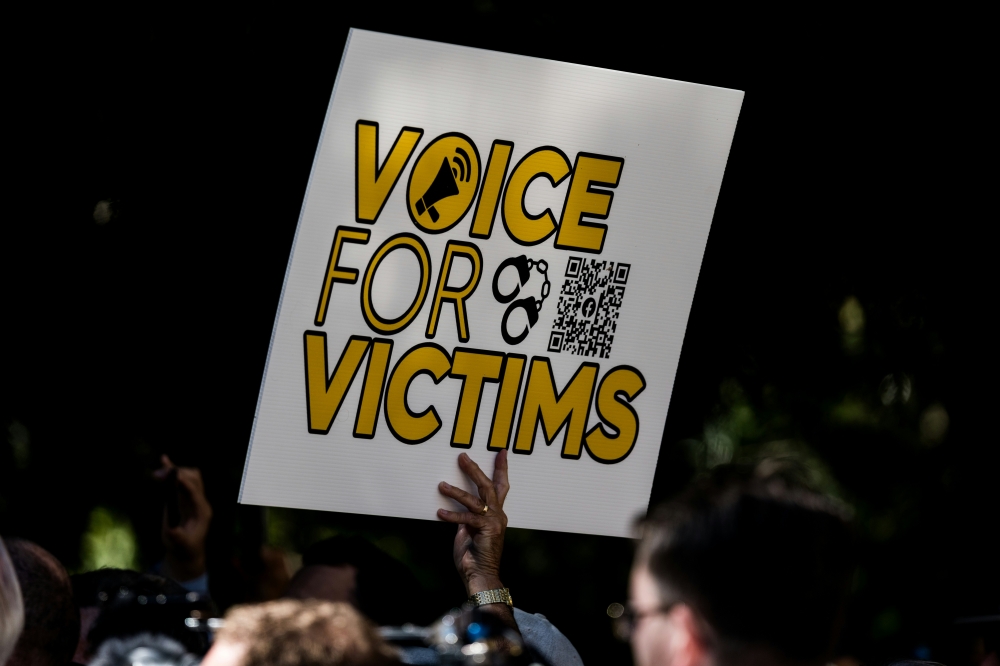HONG KONG, April 7 ― Six people accused of causing a nuisance in a Hong Kong courtroom were arrested for sedition yesterday, as authorities ramp up use of the colonial-era law against critics.
Court disruptions are usually dealt with under contempt rules but authorities have chosen to deploy sedition, a charge treated as a national security offence.
Police said four men and two women were arrested over their behaviour at court hearings in December and January.
The suspects “purposely caused nuisance” and “severely affected jurisdictional dignity and court operations”, police said in a press release.
The statement did not detail what specific behaviour or actions were deemed seditious.
Hong Kong's courts have become gathering places for democracy supporters as authorities prosecute thousands of activists and protesters following citywide rallies in 2019.
Most hearings are open to the public, and democracy supporters often applaud or shout words of encouragement to defendants appearing in the dock.
Hong Kong judges have previously chastised spectators for their behaviour and warned they could be in contempt of court, but none had been arrested before Wednesday.
Police said they had searched homes and seized records that allegedly show the suspects “conspiring” to commit disruptive acts.
Siew Yun-long, a citizen journalist known for his court reporting, was among those arrested, his family confirmed to AFP.
Leo Tang, a former leader of the now-disbanded Hong Kong Confederation of Trade Unions (HKCTU), was also arrested, according to local media.
The HKCTU is among scores of civil society groups and news outlets that have closed following the imposition of a sweeping national security law by Beijing in 2020 to stamp out dissent.
Police have arrested around 170 people under the security law, including opposition lawmakers, activists, journalists and students.
Authorities have also increasingly relied on sedition, a legacy law that until recently had not been deployed in decades.
The offence carries a maximum penalty of two years in jail.
Erwin van der Borght, Asia-Pacific regional director for Amnesty International, said the arrests showed the Hong Kong government will “stop at nothing to root out even the faintest murmurings of dissent”.
“These arrests also provide further evidence that Hong Kong's national security police, who have virtually unchecked investigation powers... are increasingly involved in handling cases unrelated to national security,” van der Borght said in a statement.
In recent months, sedition charges have been brought against pro-democracy unionists who produced euphemistic children's books, journalists, and people critical of the government's response to the Covid pandemic. ― AFP

